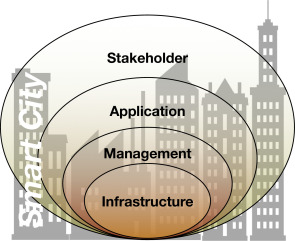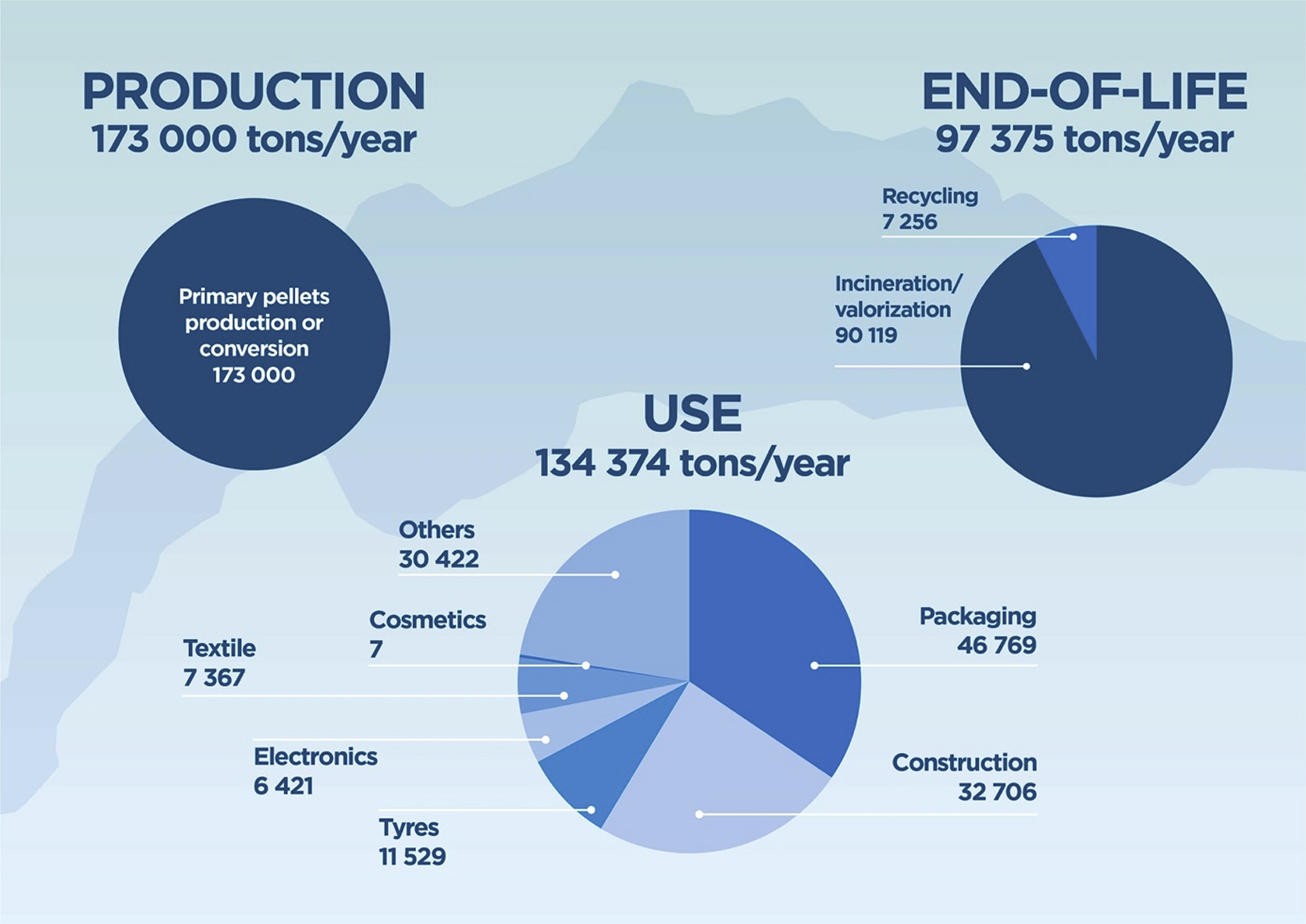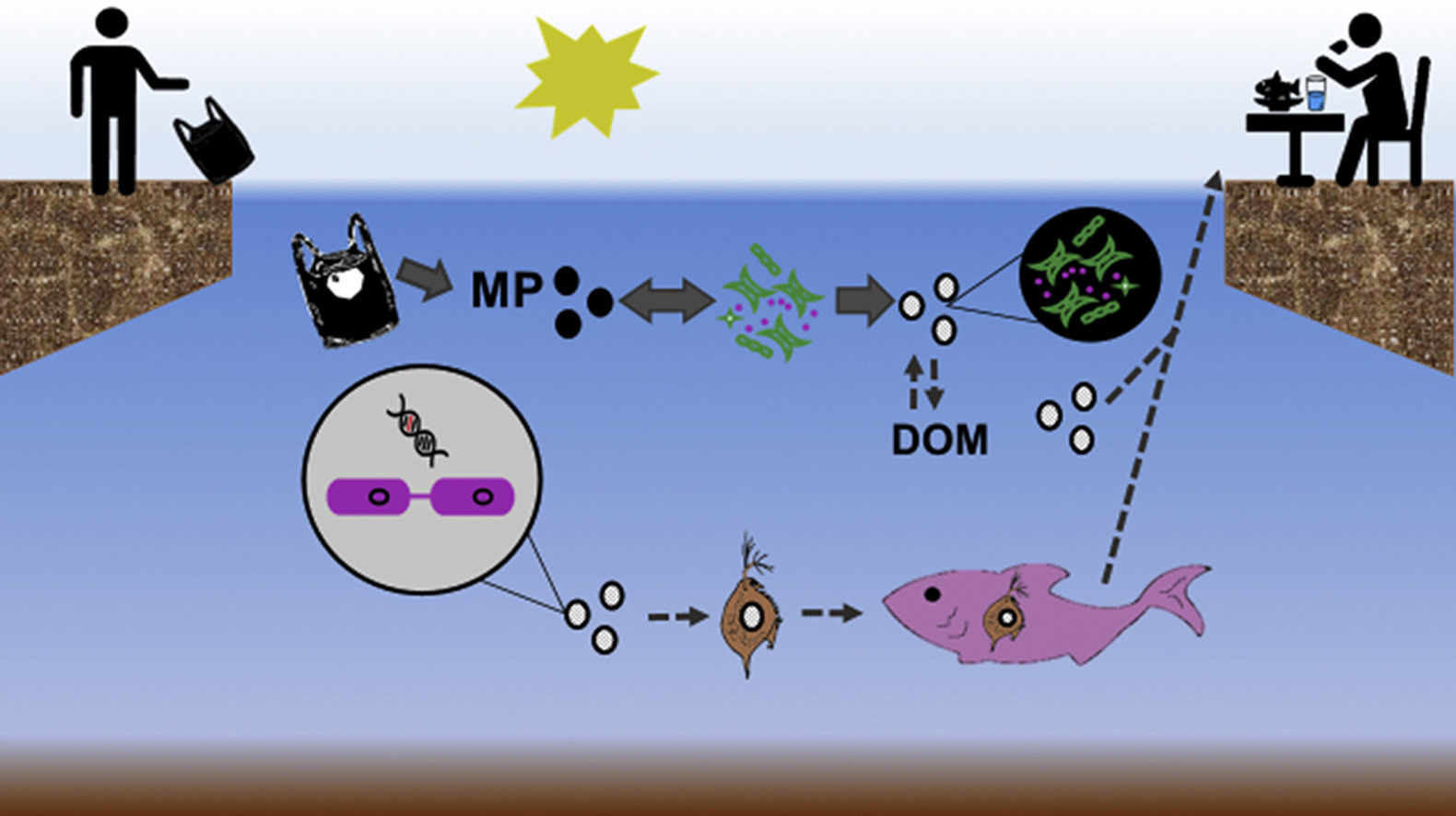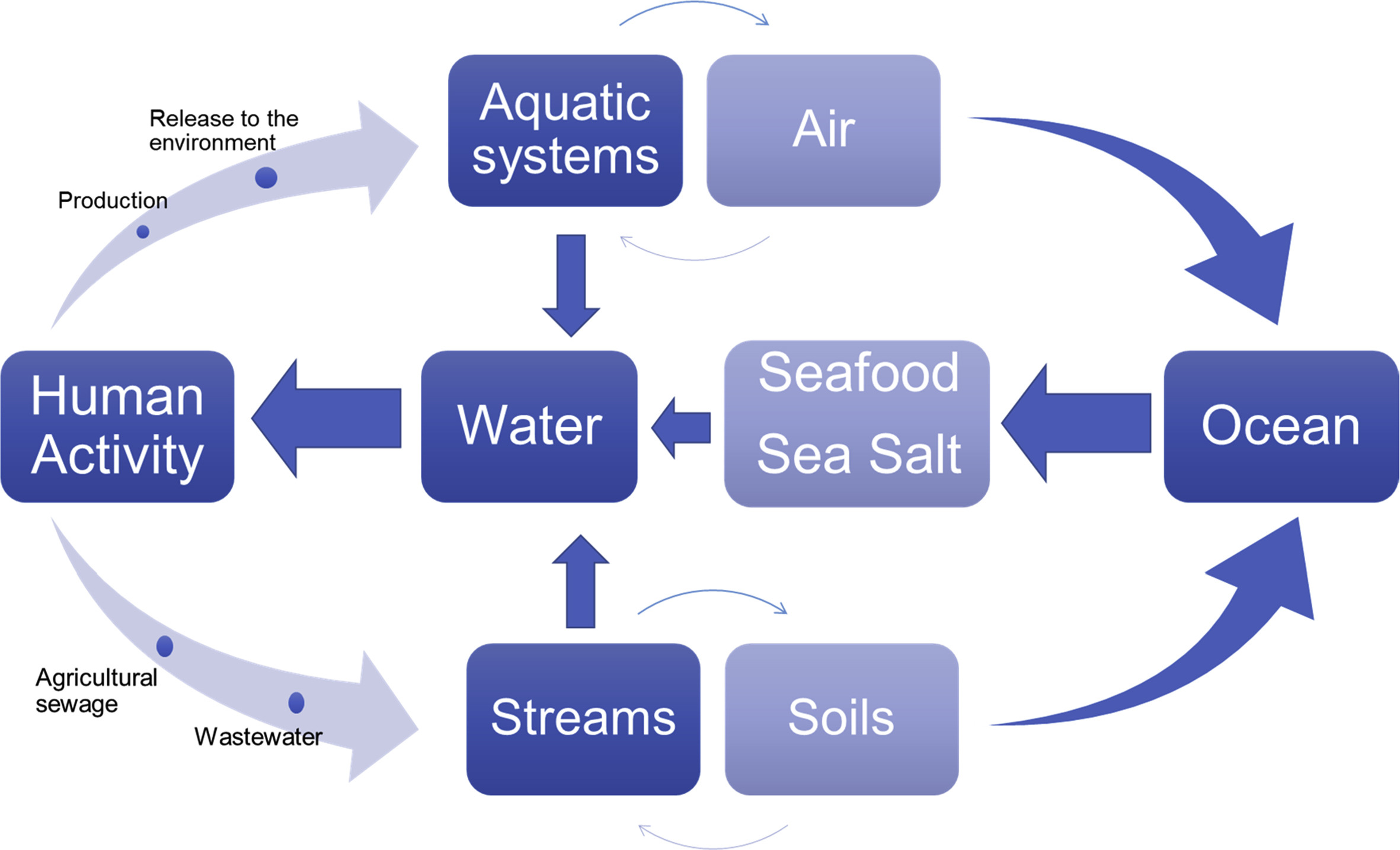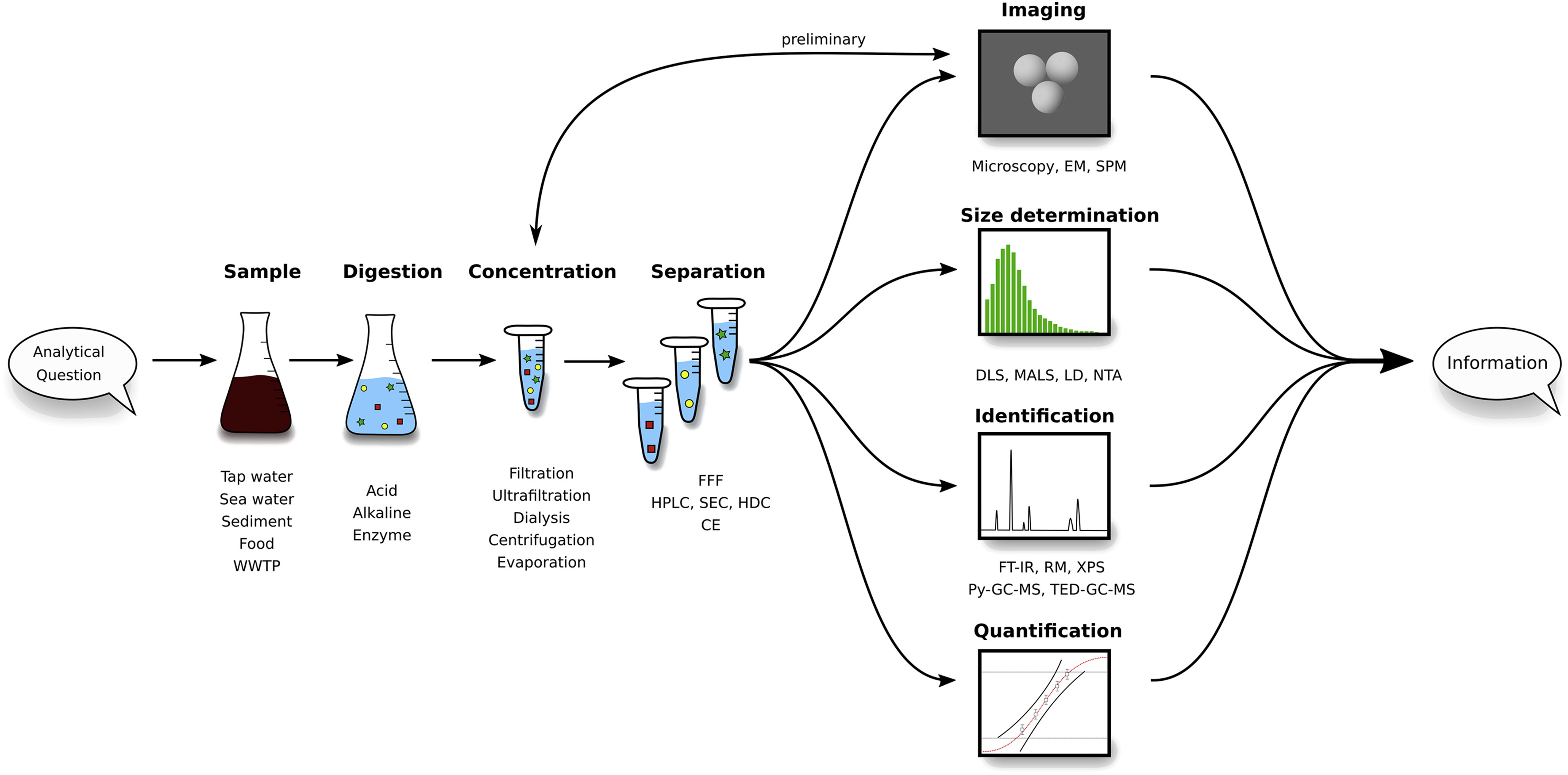Elsevier, Internet of Things (Netherlands), Volume 5, March 2019
#SmartME has been one of the first initiatives in Italy to realize a Smart City through the use of open technologies. Thanks to the use of low cost sensor-powered devices scattered over the city area, different “smart” services have been deployed having the Stack4Things framework as the common underlying middleware. In this paper, we present the results obtained after 2 years of project highlighting the vertical solutions that have been proposed in different areas ranging from environmental monitoring to parking management.
Elsevier, Journal of Economic Behavior and Organization, Volume 159, March 2019
A burgeoning literature has examined earnings inequalities associated with a minority sexual orientation, but far less is known about sexual orientation-based differences in access to workplace authority – in contrast to well-documented gender and race-specific differences. We provide the first large-scale evidence on this question using confidential data from the 2009–2014 UK Integrated Household Surveys (IHS) (N = 607,709).
Elsevier, TrAC - Trends in Analytical Chemistry, Volume 112, March 2019
High amounts of macro and microplastic have been reported in rivers, lakes and seas. However, links between the observed pollution and their sources remain unclear. This study aims to clarify these links in the Lake Geneva basin by analysing each step of the local plastic life cycle. Two distinct approaches have been compared: (i) a top-down approach based on modelling socio-economic activities, plastic losses and releases into the lake, and, (ii) a bottom-up approach based on extrapolating plastic flows into the lake based on field measurements from 6 different pathways.
Elsevier, TrAC - Trends in Analytical Chemistry, Volume 112, March 2019
Microplastics (MP) provide a unique and extensive surface for microbial colonization in aquatic ecosystems. The formation of microorganism-microplastic complexes, such as biofilms, maximizes the degradation of organic matter and horizontal gene transfer. In this context, MP affect the structure and function of microbial communities, which in turn render the physical and chemical fate of MP. This new paradigm generates challenges for microbiology, ecology, and ecotoxicology.
Elsevier, TrAC - Trends in Analytical Chemistry, Volume 112, March 2019
Plastics are an integral but largely inconspicuous part of human daily routines. Associated with a high production and single use nature of several products, small plastic particles became ubiquitous. Due to processes like water currents and winds, plastics may occur far from their place of origin and affect biota at different environmental compartments. In the environment plastics can degrade into increasingly smaller particles, reaching a nanometer size which increases their potential to be incorporated by organisms.
Elsevier, TrAC - Trends in Analytical Chemistry, Volume 112, March 2019
Nanoplastic is an emerging topic of relevance in environmental science. The analytical methods for microplastic have a particle size limit of a few micrometers so that new methods have to be developed to cover the nanometer range. This contribution reviews the progress in environmental nanoplastic analysis and critically evaluates which techniques from nanomaterial analysis may potentially be adapted to close the methodological gap. A roadmap is brought forward for the whole analytical process from sample treatment to particle characterization.
Elsevier, Journal of Clinical and Translational Endocrinology, Volume 15, March 2019
Background: The International Diabetes Federation (IDF) launched the Kids and Diabetes in School (KiDS) project in collaboration with the International Society for Paediatric and Adolescent Diabetes (ISPAD) and Sanofi Diabetes to inform and teach school staff, children and parents on the management of diabetes in school. Brazil and India were chosen as pilot countries. Methods: The evaluation was conducted using a qualitative methodology using semi-structured face to face in-depth interviews.
Elsevier, Materials Today Physics, Volume 8, March 2019
N-type Mg3Sb2-based Zintl compounds have attracted considerable interest in recent years for their high thermoelectric performance. Mg3Sb2-based compounds inherently have p-type transport properties because of the presence of intrinsic Mg vacancies. Therefore, eliminating Mg vacancies and increasing the electron concentration are crucial for achieving high-performance n-type Mg3Sb2-based materials. The addition of excess Mg in the initial composition and the doping of chalcogens (Te, Se, and S) at the Sb site have been the primary methods used to date.
Elsevier, Journal of Aging Studies, Volume 48, March 2019
The current paper addresses the nature of epistemic injustice as it may be experienced by persons with dementia. We describe how theoretical models of stigma align with the current model of epistemic injustice through a consideration of the concepts of ‘stereotype’ ‘prejudice’ and ‘discrimination’ shared by the two models. We draw on current understandings of dementia-related stigma to expand understandings of the epistemic injustice faced by persons with dementia.
Elsevier, Neuron, Volume 101, 6 March 2019
Alzheimer's disease (AD) is considered a polygenic disorder. This view is clouded, however, by lingering uncertainty over how to treat the quasi “monogenic” role of apolipoprotein E (APOE). The APOE4 allele is not only the strongest genetic risk factor for AD, it also affects risk for cardiovascular disease, stroke, and other neurodegenerative disorders. This review, based mostly on data from human studies, ranges across a variety of APOE-related pathologies, touching on evolutionary genetics and risk mitigation by ethnicity and sex.
